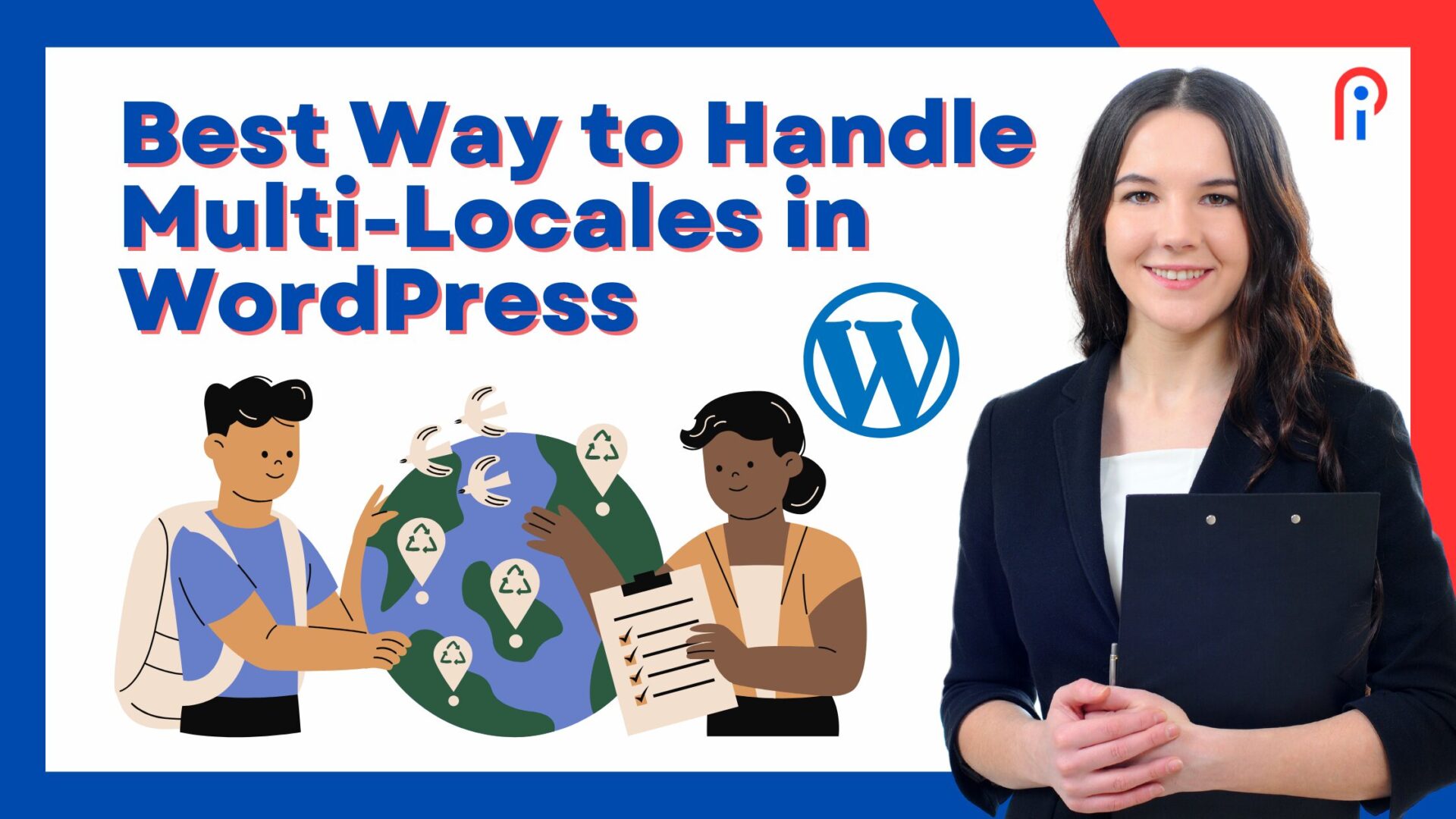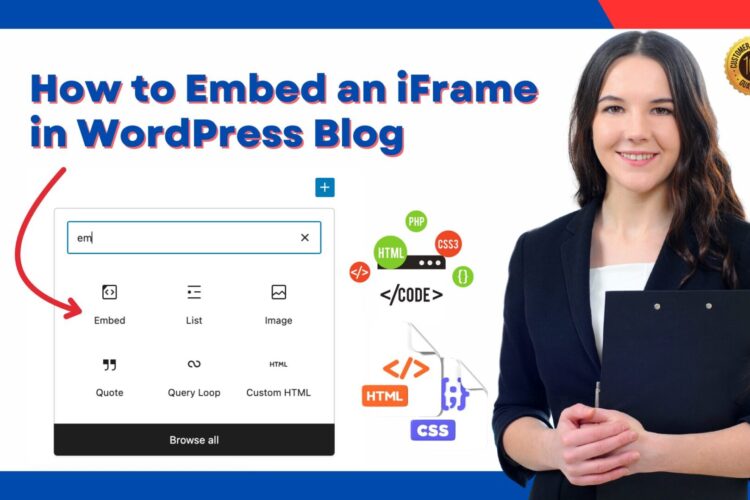
Managing multi-locales on a WordPress site can seem challenging, but it’s essential for businesses targeting different regions or languages. A well-optimized multi-locale website improves user experience, ensures higher search engine rankings, and caters to diverse audiences.
Quick View
Here, we will explore the best ways to handle multi-locales in WordPress, with a focus on SEO and efficiency.
What Are Multi-Locales in WordPress?
Multi-locales refer to a website that caters to multiple languages, regions, or both. Such sites display content tailored to specific geographical areas or audiences. A multi-locale website improves accessibility and helps businesses expand their global reach.
Why Multi-Locales Are Important for SEO
Handling multi-locales properly can improve search engine visibility for each targeted region. If done poorly, it can result in duplicate content issues or confuse search engines.
Benefits of Multi-Locales for SEO:
- Targets local audiences with relevant content.
- Increases organic traffic from different regions.
- Improves the overall user experience for diverse audiences.
Best Way to Handle Multi-Locales in WordPress
To efficiently manage multi-locales, follow these steps:
1. Use a Multilingual Plugin
Plugins make it easy to manage multi-locales in WordPress. Popular options include WPML, Polylang, and TranslatePress. These plugins allow you to translate pages, posts, menus, and widgets.
Key Features of Multilingual Plugins:
- Translate content into multiple languages.
- Manage region-specific content efficiently.
- Automatically generate hreflang tags for SEO.
Tip: Choose a plugin that matches your technical skills and project scale.
2. Optimize URLs for Each Locale
Each locale should have a unique URL structure to improve SEO. WordPress supports different URL structures for multi-locales, such as:
- Subdirectories:
example.com/en/for English andexample.com/fr/for French. - Subdomains:
en.example.comorfr.example.com. - Separate Domains:
example.comfor the US andexample.frfor France.
Recommendation: Use subdirectories for simplicity and better domain authority sharing.
3. Implement Hreflang Tags
Hreflang tags signal to search engines which language or region a page targets. This prevents duplicate content issues and ensures users see the correct version of your site.
How to Add Hreflang Tags in WordPress:
- Use SEO plugins like Rank Math or Yoast SEO to implement hreflang tags.
- Check hreflang tags using Google’s Search Console or online tools.
Tip: Test your hreflang implementation to ensure accuracy.
4. Localize Content Effectively
Simply translating content isn’t enough. Each locale should have content tailored to the local audience, including:
- Region-specific keywords and phrases.
- Culturally relevant examples and visuals.
- Local currencies, dates, and measurement units.
Example: A product description for the US might emphasize “free shipping,” while for the UK, it could mention “next-day delivery.”
5. Focus on Multi-Location Website SEO
For businesses targeting multiple locations, optimize your site for local search results. Key strategies include:
1. Create Location-Specific Pages:
Develop separate pages for each location, such as example.com/los-angeles and example.com/new-york.
2. Add NAP (Name, Address, Phone):
Ensure consistent NAP details on all location-specific pages and local directories.
3. Leverage Google My Business:
Set up a Google My Business profile for each location and link it to your website.
4. Use Local Keywords:
Incorporate region-specific keywords like “best cafes in Paris” to rank for local searches.
6. Choose an SEO-Friendly Theme
A fast, mobile-friendly theme improves user experience and helps with SEO. Many WordPress themes are optimized for multilingual sites, such as Astra or OceanWP.
Tips for Choosing a Theme:
- Ensure it supports multilingual plugins.
- Check for fast loading speeds and mobile responsiveness.
7. Monitor Performance for Each Locale
Regularly monitor the performance of your multi-locale website to identify areas for improvement. Use tools like Google Analytics and Google Search Console to track metrics such as:
- Traffic by location or language.
- Bounce rates for specific locales.
- Conversion rates for localized content.
Pro Tip: Analyze keyword rankings for each region to refine your strategy.
8. Optimize for Mobile Users
Most users access the web on mobile devices, especially in certain regions. Ensure your multi-locale WordPress site is fully responsive and fast on mobile.
Steps to Optimize Mobile Experience:
- Use a responsive design that adjusts to different screen sizes.
- Test your site with Google’s Mobile-Friendly Test tool.
- Compress images and enable caching for faster loading times.
9. Work with SEO Experts
If managing multi-locales feels overwhelming, consider hiring SEO experts. They can ensure your WordPress site is optimized for each region and follows best practices.
Services SEO Experts Offer:
- Advanced hreflang implementation.
- Keyword research for specific locales.
- Technical SEO fixes to boost rankings.
Recommendation: Choose agencies experienced in multi-location website SEO for better results.
Key Points
Handling multi-locales in WordPress requires careful planning and the right tools. From using multilingual plugins to optimizing for local SEO, these strategies ensure your site appeals to diverse audiences and ranks higher in search engines. Start implementing these tips today to build a global online presence and drive more traffic to your website.
FAQs
1. Why are multi-locales important for WordPress sites?
Multi-locales help target diverse audiences and improve search engine rankings for specific regions.
2. How do I optimize WordPress SEO for multi-locales?
Use multilingual plugins, implement hreflang tags, and create localized content.
3. Can I manage multi-location SEO on WordPress?
Yes, with plugins like Yoast SEO and location-specific pages, you can effectively manage SEO.
4. What’s the best URL structure for multi-locales?
Subdirectories (e.g., example.com/en/) are easy to manage and share domain authority.
5. Should I hire an SEO expert for multi-locales?
If you lack technical expertise, an SEO expert can ensure your site follows best practices.




